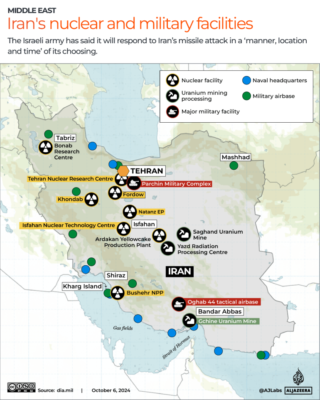Iran is seeking to introduce a resolution at the International Atomic Energy Agency (IAEA) conference in Vienna prohibiting attacks on nuclear installations, amid heightened tensions following strikes by the United States and Israel during a 12-day conflict in June.
Senior Iranian nuclear officials, led by Atomic Energy Organisation chief Mohammad Eslami, arrived in the Austrian capital on Monday for the 69th General Conference of the IAEA, which runs until Friday.
Tehran has not released the full text of the proposed resolution but says it aims to protect all nuclear facilities worldwide from military action.
Speaking to Iranian media, Eslami criticised the IAEA and its director, Rafael Grossi, for “double standards” and failing to condemn the US-Israeli strikes on Iranian facilities, while repeatedly censuring attacks on Ukraine’s Zaporizhzhia Nuclear Power Plant. “Even if this resolution is not adopted, it shows that the Charter of the United Nations has been damaged,” he said.
Iranian deputy nuclear chief Behrouz Kamalvandi accused Washington of pressuring IAEA member states to block the initiative and threatening to cut funding to the organisation.
He cited UN Security Council Resolution 487, adopted in 1981 to condemn Israel’s attack on Iraq’s Osirak reactor, and two IAEA General Conference resolutions from 1985 and 1990, as precedents for Tehran’s proposal.
The push comes after Iran’s Supreme National Security Council last week backed a deal struck in Cairo with the IAEA to resume inspections suspended following the June bombings.
The council, which includes top civilian and military leaders, said it would grant access to inspectors on a case-by-case basis but warned inspections would stop if Iran faced further hostile action.
Hardliners in Iran’s parliament have criticised the agreement, claiming inspections could lead to fresh attacks.
The council confirmed inspectors currently have no access beyond the Bushehr Nuclear Power Plant and are assessing safety conditions at bombed sites buried deep underground.
Neither US intelligence nor the IAEA has found evidence this year that Iran is pursuing nuclear weapons.





